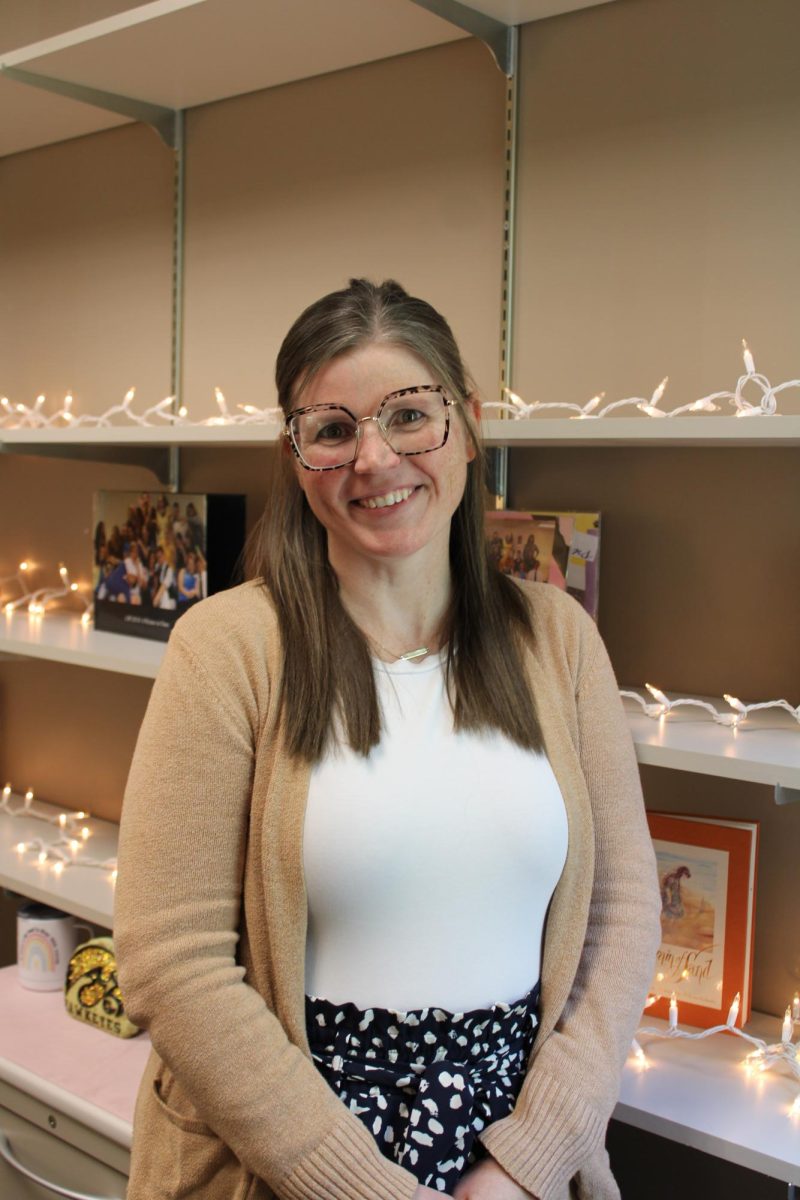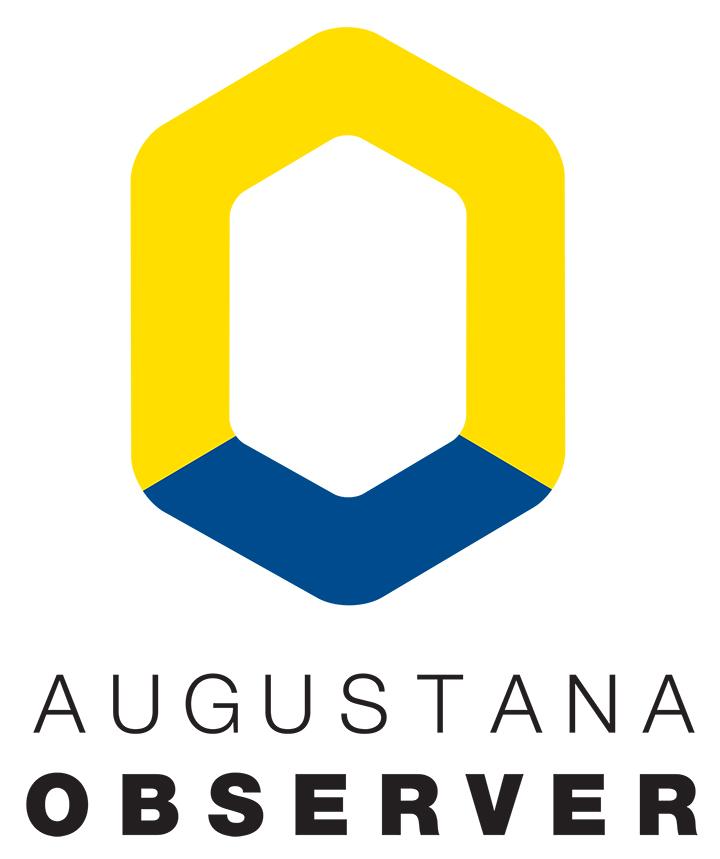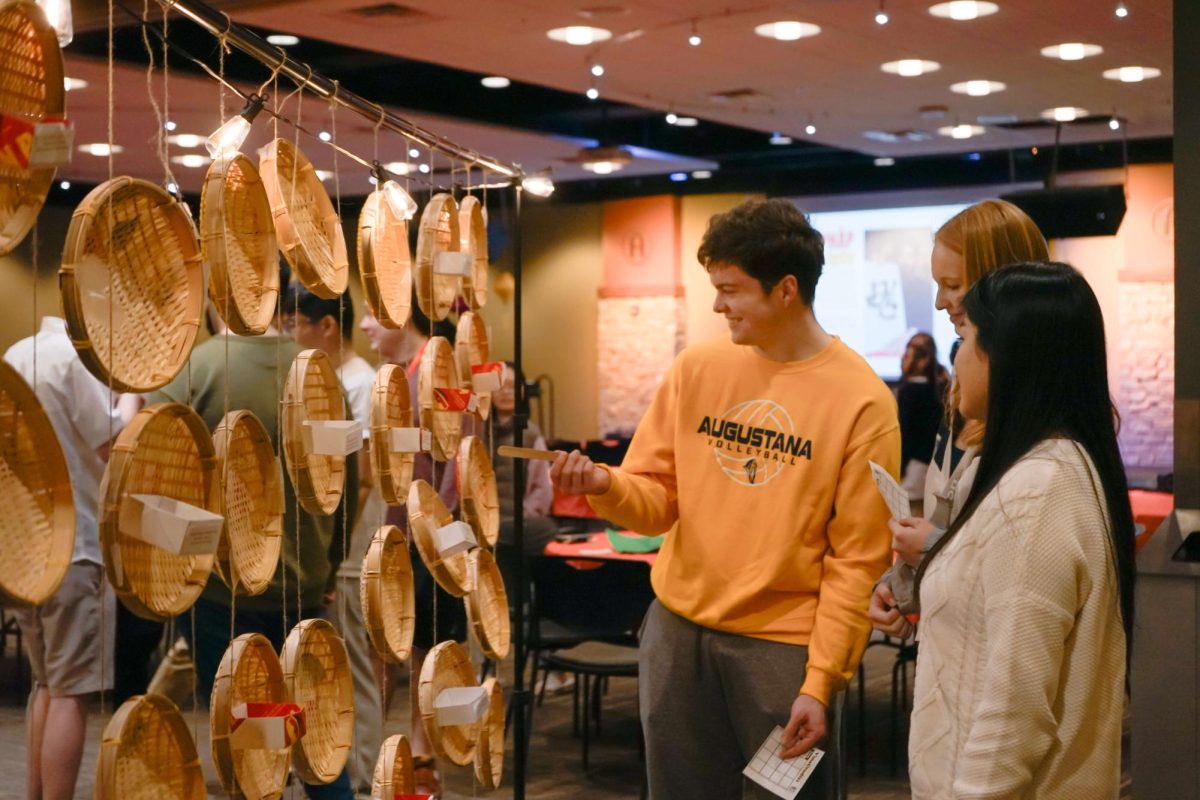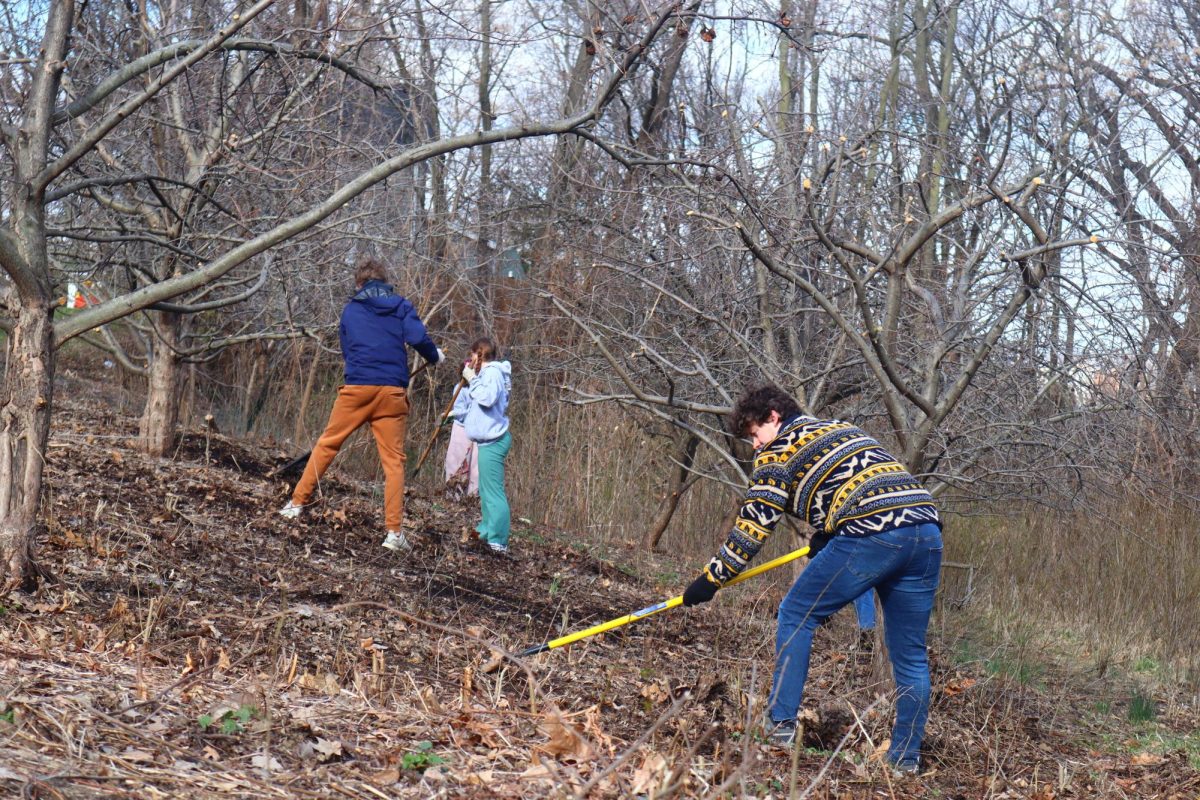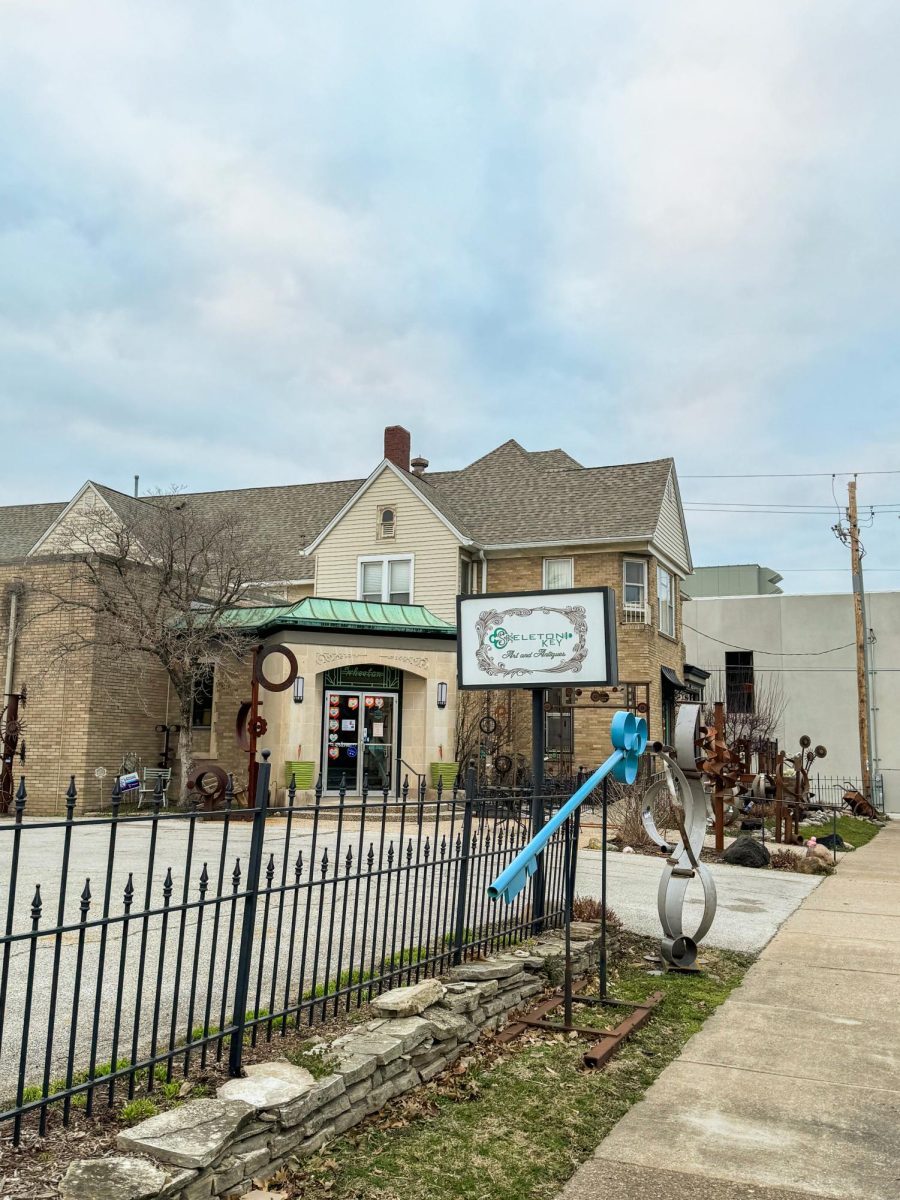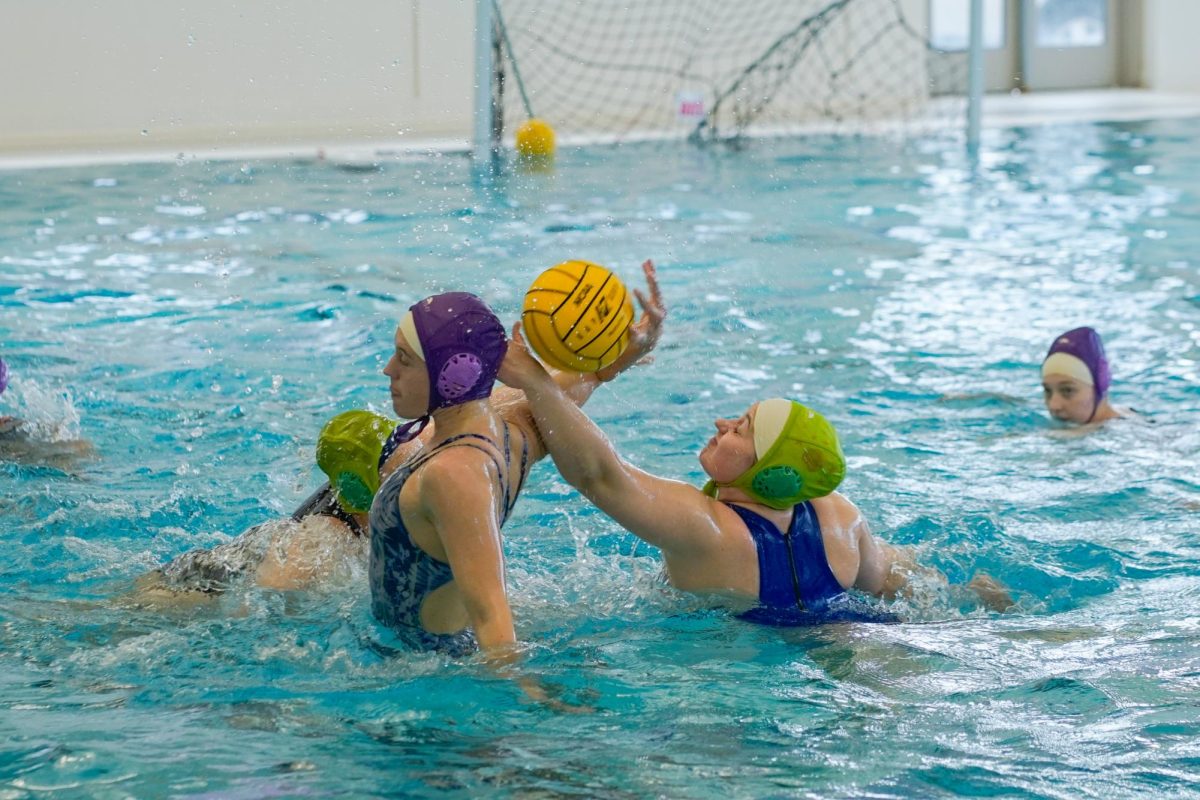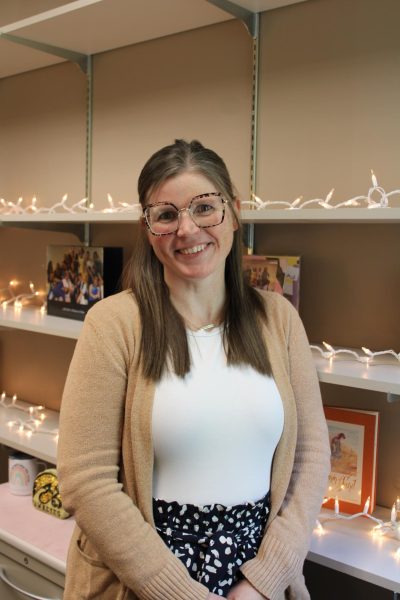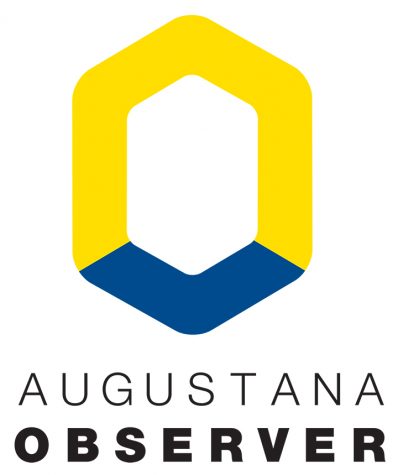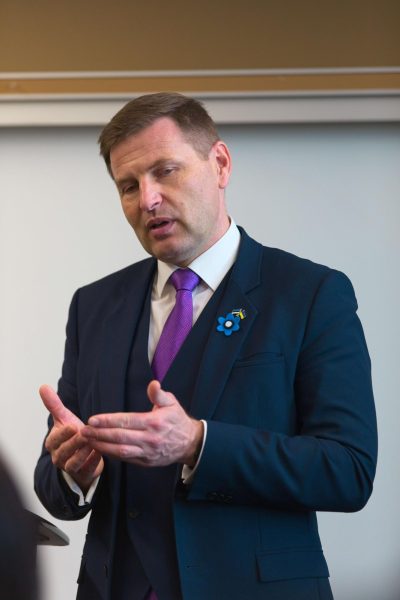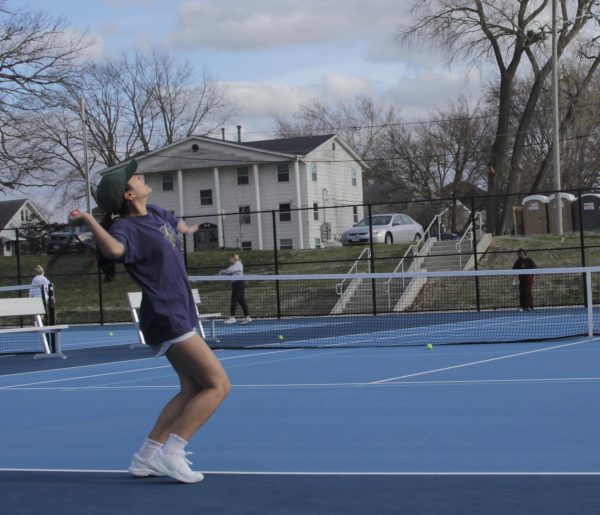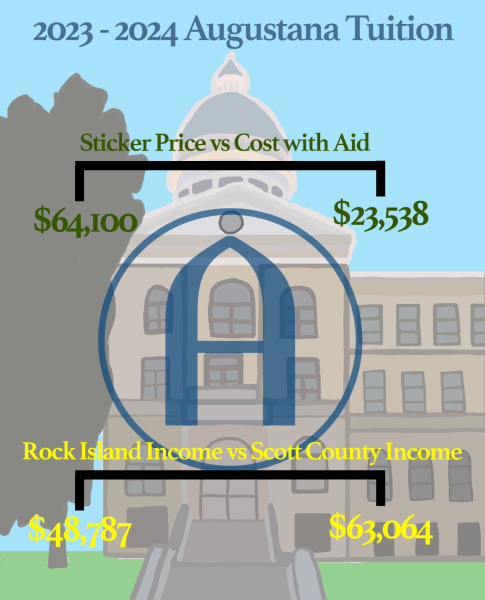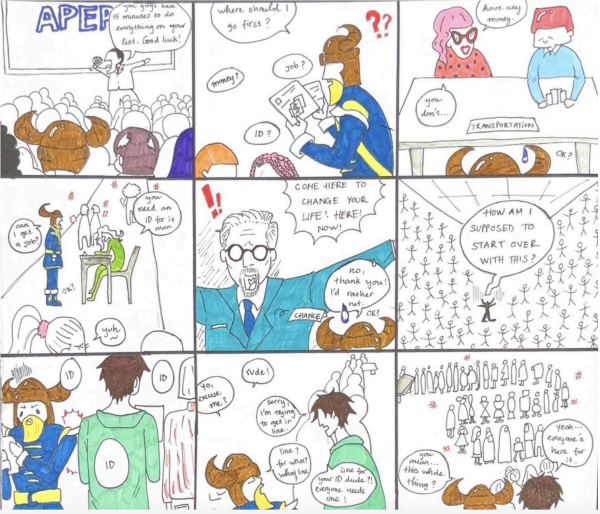Symposium day success with Civil Discourse
October 19, 2022
On Wednesday Oct. 12, Augustana College celebrated its 11th fall Symposium Day, with the theme of ‘Civil Discourse.’
Though it is difficult to define civil discourse, it is generally understood as engaging with difficult topics and difficult conversations with the intention to learn.
In previous years, some Symposium Days have had lower than expected turnout.
Despite initial worries that this year would be the same, many of the people who hosted sessions were happy with the turnout that the sessions received.
One of the keynote speakers of symposium day was PEN America, a non-profit that works to defend and celebrate free speech. They are the American chapter of PEN International.
“It was really inspiring to see a lot of turnout,” Nicholas Perez, a program manager at PEN America said. “It really shows that freedom of expression is a topic that strikes so many different people in so many different ways.”
Two representatives from PEN America, Perez and program assistant Peris Tushabe, were the plenary speakers for this year’s Symposium Day.
Though the session PEN America hosted in the Gävle rooms had several empty seats, the later session they hosted in Olin 109 was standing room only, with President Talentino having to sit on a table in the back of the room.
Bob Haatz, the Symposium Day coordinator and director of CORE, was pleased with the turnout for the day as well. Haatz said that there were more people who attended the Symposium Day events than in previous years.
“I was expecting there to be some sessions that were more lightly attended, but there were several sessions that were standing room only types of sessions,” Haatz said. “I think I only saw one or two where I thought ‘Oh, we could’ve used a bit of a smaller room for that.’ But I thought the sessions were really well-attended.”
The session “Discourse: Definitions, Approaches, and Goals” was only attended by 15 people, but session host and associate professor of communication studies Dr. Meg Kunde noted that there was a lot of engagement within the session.
“I didn’t want to just speak at people, especially when you’re talking about discourse,” Kunde said. “I learned from people and their perspectives, which is always fun and a benefit. I don’t ever want to go into these presentations thinking that I’m just going to teach. I want to learn and collaborate and see where the pulse is at with other people.”
Sessions with greater attendance reported the same amount of willingness to engage with the sessions and the various questions that were posed.
In the session “I Am Not Your N*****’: Navigating the N-Word in Academic Spaces,” hosted by Dr. Ashley Burge, an assistant professor of English, Burge was pleased with how engaged the crowd was during this particular session.
During the Q&A portion of this session, students asked how they could be better allies and discussed what it means to reclaim words that have historically been used to oppress certain groups.
“I think that the takeaway from today is that students really are interested in learning from their colleagues and learning about important topics,” Haatz said. “I listen to presentations like [the ‘Powerlands’ presentation] and think, well, these problems are so big that I can’t really do much.”
Haatz recalled a story told at Haley DeGreve’s session on mental health.
In the story, an adult approaches a child and asks why they’re throwing the starfish back into the ocean. They tell the child that many starfish have washed up and they can’t make a difference.
To this, the child picks up another one and throws it back into the ocean, replying that it made a difference to that one.
According to Haatz, the story argues that even the smallest of actions matter. Having these sorts of discussions and engaging in civil discourse is what’s going to make a difference in the long run.
“That’s what I hope students take away from today. Bit by bit by bit, we can start talking about these things,” Haatz said.
